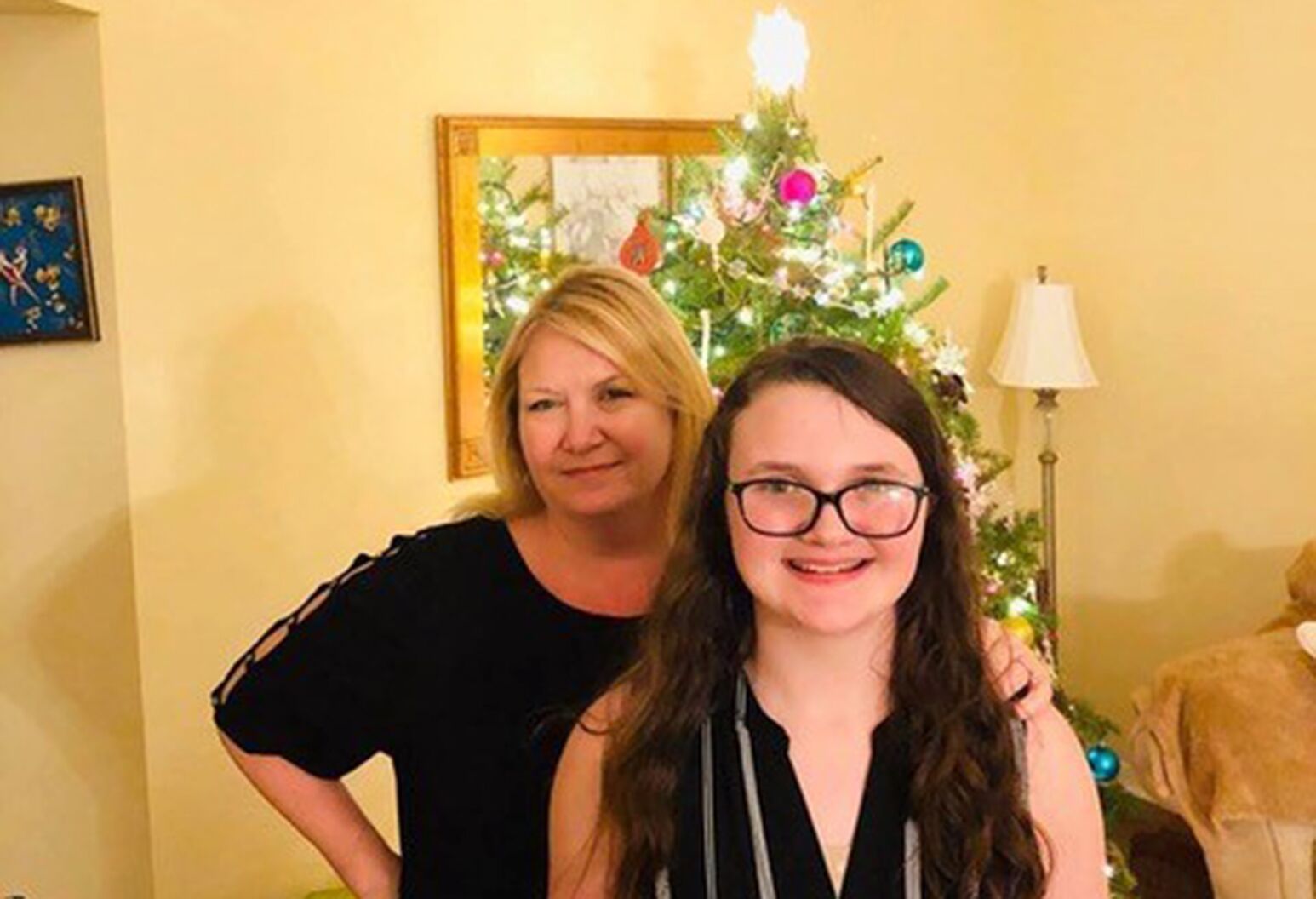chronic diseases/conditions
The Two Main Types Of Pain

I don’t always look sick. But I’m always struggling.
6 min read
I was 25, just married, and working as a social worker in a psychiatric unit at a hospital when I injured my back.
Pain wasn’t my only issue, though. Every once in a while, my arms and legs felt numb and tingly. My doctors chalked it up to the injury, but the symptoms continued. I also occasionally experienced what felt like an electric shock in my neck whenever I tilted my head forward. Again, no one seemed alarmed, and the doctors blamed a pinched nerve.
Finally, one day at work my whole face went numb.
I mentioned it to a nurse, and she said, “That’s not your neck.” I ended up back at my orthopedist, who noticed something on an MRI of my neck and spine. He sent me for another MRI, this time of my brain, and after two years of strange symptoms, I finally got a diagnosis that explained it all: multiple sclerosis (MS). A central nervous system disease, MS causes your immune system to attack the myelin sheath that covers nerve fibers. This disrupts the communication system between the brain and the rest of the body, causing a plethora of neurological issues.
MS is often called a silent disease—or invisible disability—because its sufferers don’t always look different from someone without it. But believe me, it’s a disease, and it affects me almost every day. I wish people knew more about it because it’s tough to live with something most people don’t understand. And frankly, I need some understanding. So here are 5 things I wish you knew about my MS.
There are four types of MS:
I have relapsing-remitting MS. I always have some kind of MS symptoms, but the severity varies. I’ve had flare-ups that last as little as a few days and as long as a few months. I have a lot of weakness in my legs as well as a feeling of pins and needles there almost every day. It gets worse when I’m sick, stressed, or overheated. Sometimes I can’t even take a shower because the spray feels like someone is shooting darts at my legs. Even placing a blanket on them can be painful.
Sometimes it hurts so much I can’t leave the house; other times it’s just a constant annoyance, like you might experience when your foot or arm falls asleep. My MS also causes optic neuritis, where the optic nerve flares up and I can’t see in one eye at a time. It sometimes even feels like someone’s stabbing me in the eye. On top of all that, I’m also tired. A lot.
But there’s nothing “typical” with MS. Some people have trouble with memory, with concentration, with balance. I know people in wheelchairs and people who have trouble with day-to-day tasks. Others have one flare-up and then long periods where they have no trouble at all.
For years, I’ve been doing advocacy and volunteer work with the National MS Society, and I speak to people all the time who are newly diagnosed and struggling in their relationships. I’ve had people call me crying, saying, “My husband just left me.”
I’m not going to lie, it’s not easy.
My symptoms started the year I was married. I couldn’t get out of bed on some days, and I had to stop working about a year after I was diagnosed, which was a big financial constraint. My husband and I didn’t know what to expect, so I went to the library and read books to get information. (Back then, that’s what we did to research!) I shared what I learned with him, and together we figured out how to cope with this new normal. I’m lucky to have a supportive husband who understands the disease now and is willing to work through all the challenges we face because of it. We’re still together, 25 years after my diagnosis.
Not everyone is so lucky.

I once tried to explain my symptoms to someone, saying, “While I’m talking to you, my whole left side is on fire. It feels like somebody lit a blow torch to it.” They actually argued with me, insisting, “That can’t be happening. Your skin isn’t even red.” It’s tough to argue with friends all the time, but I guess when you’ve never experienced something, it can be hard to relate to it.
I try to put it into terms that people can understand. I’ll say, “Have you ever had the flu? When you’ve felt so exhausted you can’t even get out of bed? Imagine feeling that way four days a week, every week.” That, they can grasp. And then, when I bail out of plans last minute, they’re more apt to understand.
While I feel I’m a good friend, I’m honest about the fact that I’ve lost all patience for drama. I need to keep my stress level low, so these days I just walk away from friendships that bring too much stress to my life.
I did have some worries before getting pregnant. Although I knew that MS wouldn’t affect the likelihood of getting pregnant, I also knew there was a chance of passing this condition on to my child. That still scares me to this day.
I’d also read that there is a higher risk of relapse during the first three months postpartum, and I’d spoken to people who said they couldn’t walk or had other terrible issues a few weeks after they’d given birth.
And boy, were the first few months tough.
New parent exhaustion is bad to begin with, but when you compound that with MS-based fatigue it gets really bad. And it was nearly impossible to keep up with my daughter—she was walking at 7 months! Luckily, my dad lives close by and would come over so I could lie down. As she’s gotten older I’ve learned to pace myself. She’s 12 now and understands that she can’t do too many activities at once because I just can’t do it all.

People don’t always get it. Because I don’t use a cane or a walker or show any outward signs of the disease, people don’t know I have it. I have never gotten a handicapped placard, even though I’m eligible, because I’ve seen and heard how others like me “that look so good” are treated when they park in a handicapped spot. Instead, I just don’t go out on days when I’m not feeling well. I joke around because I also get bronchitis a lot, and when I’m sick in bed, hacking up a lung, I get more sympathy than I do for the MS because people can see and hear my cough.
I wish people had more sympathy for me, even if they don’t understand my disease. And honestly, if you’re confused about something? Ask. Most people with MS are experts in it.
The Well is Northwell Health’s commitment to the future of health care. In this time of information overabundance, much of which is inaccurate, unhelpful, or even difficult to understand, Northwell Health is on a mission to make a difference as an honest, trusted, and caring partner. The site connects with consumers to provide them with personalized content that reduces their stress, makes them laugh, and ultimately feel more confident and capable on their healthcare journey.